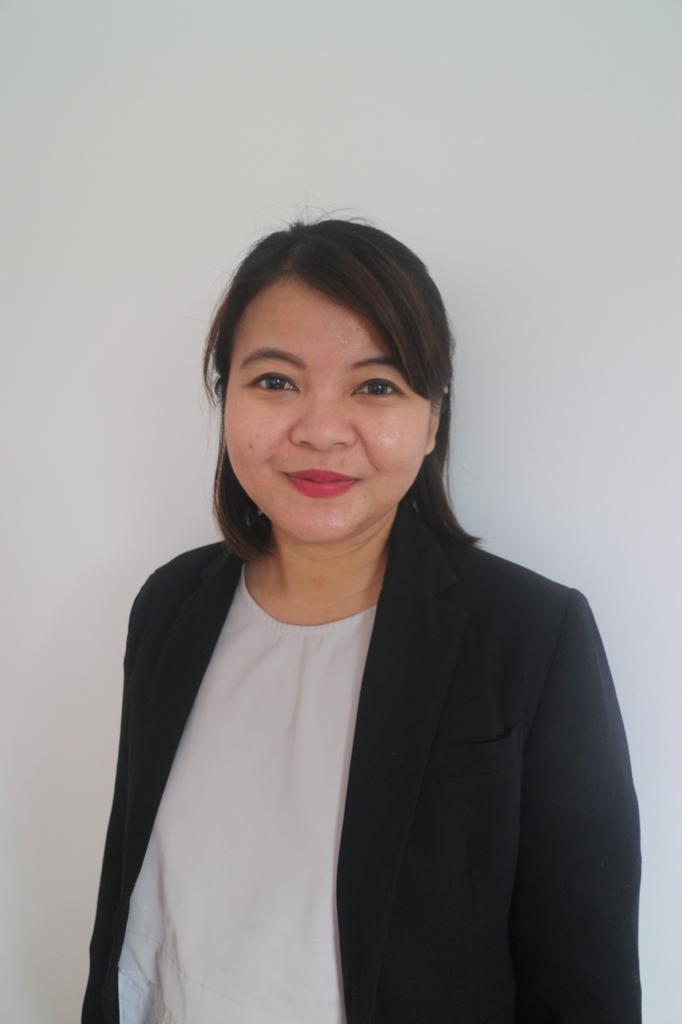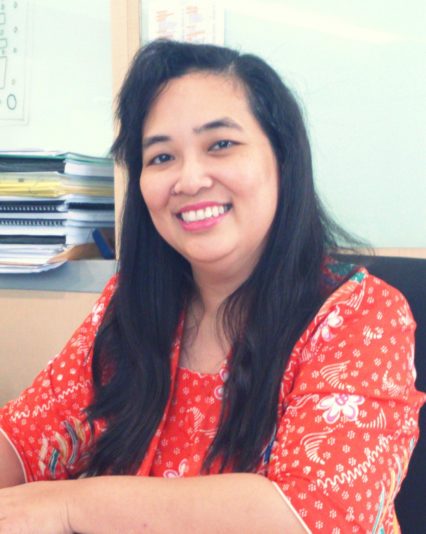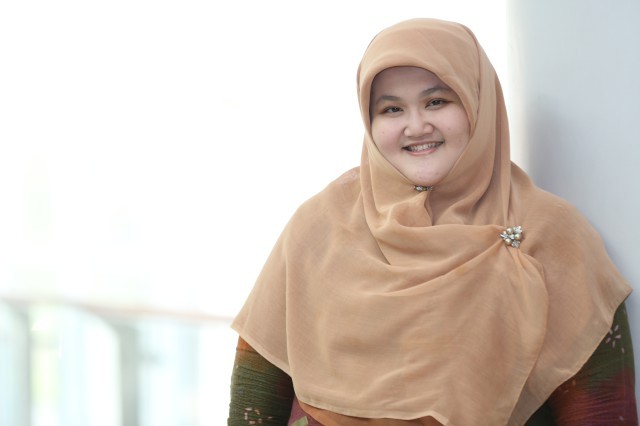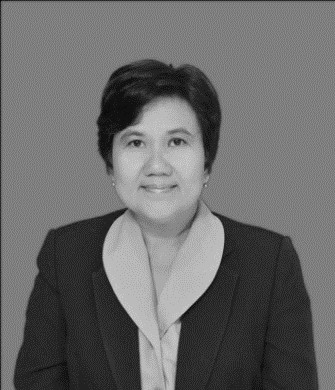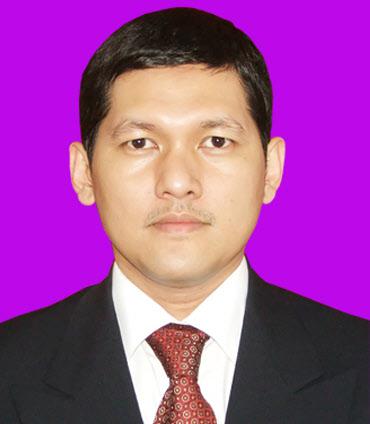Case Document
A SHARIA HOTEL CHAIN: STORY OF ARABIA HOSPITALITY GROUP
SAYURBOX: LEADING THROUGH DISRUPTION
This case study illustrates how a start-up business that promotes integration between farmers and end users through a technology platform becomes an intermediary to form a new business model. In addition, in the current disruptive era, technology is very much needed in winning market competition. For this reason, Sayurbox is very relevant to be studied by students. In this case study, there are two important points that are conveyed, namely in the form of challenges and opportunities faced by Sayurbox to be able to adapt.
DREAMDELION: DREAMING WITH YOUR EYES OPEN
PEOPLE STRATEGY AT TOKOTALK
MEIKARTA .... WILL ALL THE DREAMS COME TRUE?
PALM OIL CONTROVERSY
Palm oil is one of the world’s most produced and consumed oils. This cheap, production-efficient and highly stable oil is used in a wide variety of food, cosmetic and hygiene products, and can be used as a source for biofuel or biodiesel. Most palm oil is produced in Asia, Africa and South America because the trees require warm temperatures, sunshine and plenty of rain in order to maximize production. In Indonesia, PT Perkebunan Nusantara as one of the companies owned by Government who specialized operating the palm oil production was challenged by the controversial cases in Sumatra. The case arises after the land clearing activities for the palm oil plantation that caused haze spread throughout several countries in Southeast Asia.
The land clearing cases in Sumatra island causes multiple adverse impacts to the environment, surrounding society, and to the business, itself. The 2015 Southeast Asian haze was an air pollution crisis affecting several countries in Southeast Asia. It was caused by PTPN from illegal slash-and-burn practices to open new palm oil plantation due to land clearing, principally on the Indonesian islands of Sumatra and Kalimantan, which then spread quickly in the dry season. This case has been the worst disaster not only for Indonesia but also other countries surrounded.
FILM PIRACY IN INDONESIA: HAVE ACTIONS AND REGULATIONS TAKEN BEEN EFFECTIVE?
ADAPTION
FICTIONAL ORDER IN INDONESIAN RIDE HAILING SERVICES
The development of modern technology has penetrated the world of transportation in Indonesia. It can be seen from the emergence of ride-hailing application models in major cities in Indonesia (Exhibit 1). This ride-hailing application is a combination of motorcycle taxi transportation services and communication technology. This application is intended to make it easier for users to access transportation media that will be used in daily mobility. This online-based transportation application is also called the ride-hailing application, whose appearance in Indonesia began to rise in 2014 and peaked in 2017 (Exhibit 2). The phenomenon of online-based applications is an answer to people's needs for transportation that is easy to get, convenient, fast, and inexpensive. The most popular online transportation provider in Indonesia is Gojek and Grab.
The issue that is now the concern is the widespread finding of cases of fictional orders that aim to get massive bonuses, including the use of fake GPS to rig the driver's partner position. Fictional orders appear after new regulations from online transportation providers are considered to be harmful to the drivers. Service rates are lowered, and minimum payments are also deleted. The company also added a performance appraisal system for its drivers. This policy certainly has a positive and negative impact on the driver and management. The new rules will add to the list of burdens borne by drivers, namely pulses, gasoline, and vehicle service fees, while receipt of orders must reach 70 per cent to get a daily bonus. This new rule seems to eliminate the opportunity for the driver to get the daily bonus. This new rule also makes drivers unable to reject passenger orders directed by company management. Drivers only have 10 seconds to take the order, and if not taken, it will affect their performance as a driver.
FINTECH IN INDONESIA: DILEMMA OR CONFLICT OF INTEREST
Fintech’s business in Indonesia is growing rapidly nowadays, proven by the existence of many Fintech-based startup companies in the last few years. Fintech startup itself is starting to occupy a large part of the Indonesian startup industries. Fintech helps people to access financial products, facilitate transactions and improve their financial literacy easier. Fintech became highlight in September 2015 when Indonesia’s Fintech Association established. The goal is to set a trusted and reliable partner to build up Indonesia’s Fintech ecosystem. It come up from Indonesia enterprises and for Indonesians. Up to now, there are at least 140 Fintech players in Indonesia, with 55 of them joining the organization as full members.
In 2016, the Indonesia Financial Service Institution (POJK) issued new regulations and policies about fintech on off balance sheet (marketplace) lending and by Central Bank (BI) on Payment Transaction Processing. The growth of Fintech players has been skyrocketing, from only 7% in 2006/2007 to 78% a decade later. The number of the players are recorded around 135-140 companies. 43% of them play in the payment sector, such as mobile payment as well as payment gateway startups from various sectors, ranging from payment startups, lending, financial planning (personal finance), retail investment, crowdfunding, remittances, financial research, and others. Fintech reaches the younger generation who are more familiar with the internet and make use of the internet for all their needs. Fintech can also make things simpler and more efficient. Fintech uses technology, software and big data, it also uses social media data from its users that Fintech uses in conducting risk analysis.

